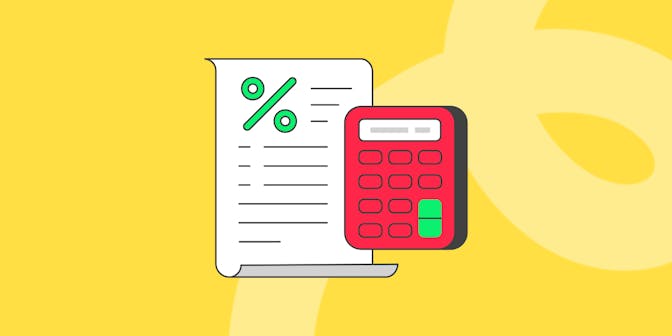Tesla: Your questions answered
When we funded the UK’s first Tesla Roadster in 2008, it kickstarted our journey into electric motoring, and we’ve never looked back. In fact, our Managing Director, Mike, went to visit the Tesla Factory in California a few years ago, so we know what you need to know.
Here, we answer some of the most frequently asked questions from our customers about Tesla vehicles, helping you get to grips with arguably the most exciting electric vehicle (EV) manufacturer out there.
And don't forget we're happy to help with your Tesla leasing requirements.
How far can a Tesla go?
Many people are scared to swap petrol or diesel for electric because of range anxiety. Here at DriveElectric, we've found that range anxiety only really exists in non-EV drivers. Get behind the steering wheel of an electric car and any anxiety soon goes.
However, the impressive Tesla range you get out of everything from a Model 3 Saloon Standard Range Plus (‘real world’ range of 210 miles) to a Tesla Model S Long Range (325 miles) is a huge attraction.
Tesla Model S Long Range
325 miles 'real world' range
Tesla Model Y Long Range
270 miles 'real world' range
Tesla Model 3 Standard Range
210 miles 'real world' range
What kind of battery is in a Tesla?
Teslas use lithium-ion batteries which produce excellent performance over long periods of time. However, Tesla CEO Elon Musk is aiming to introduce a new and improved long-life battery which will be cheaper to produce and capable of covering a million miles. More for less? Yes please.
How many kWh is in a Tesla?
Tesla battery capacity varies between models, with the Model S Long Range , Model S Performance and Model X Long Range SUV all boasting a 100kWh battery. The Model 3 Standard Plus Saloon has a 55 kWh battery, while the Model 3 Long Range Saloon has a 75kWh power unit. The Model Y is available in two battery sizes, the 82 kWh which is launched with - but there's also a smaller, and more affordable, Model Y RWD which features a 57.5 kWh battery.
Meet the Tesla electric car range:
Elon Musk's S-3-X-Y range
Tesla Model Y
- £3,669.83 Initial rental (ex. VAT)
- £4,403.80 Initial rental (inc. VAT)
- 48 Month term
- 5000 Annual mileage
- Subject to status and conditions + arrangement fee
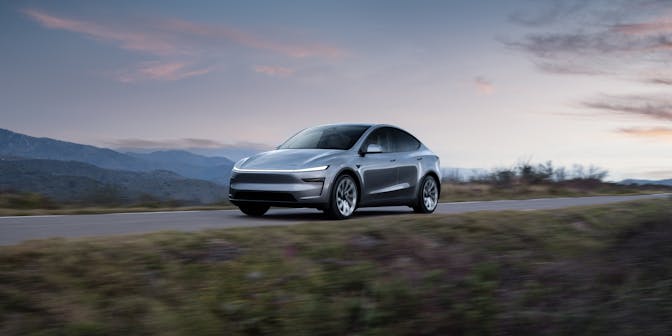
Tesla Model 3
- £2,420.28 Initial rental (ex. VAT)
- £2,904.33 Initial rental (inc. VAT)
- 48 Month term
- 5000 Annual mileage
- Subject to status and conditions + arrangement fee
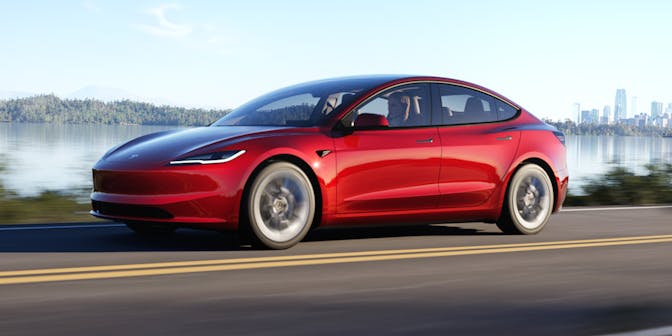
Tesla Model S
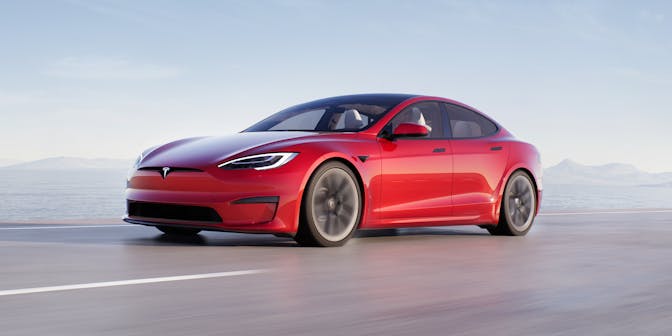
Tesla Model X
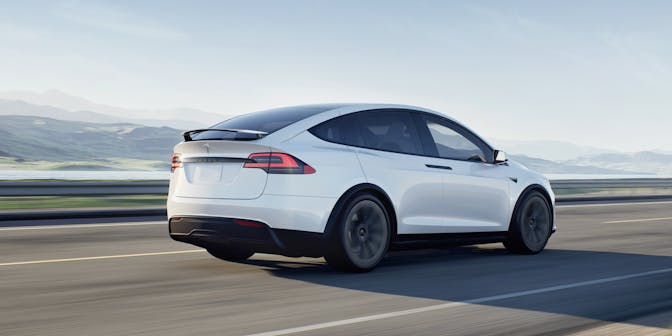
How do you charge a Tesla?
Telsa charge ports open via the car’s touchscreen or the port cover itself when the car’s unlocked. When the indicator light around the charging connector is white, this means your car’s ready to charge. This turns blue when your car’s preparing to charge, and green when charging is in progress.
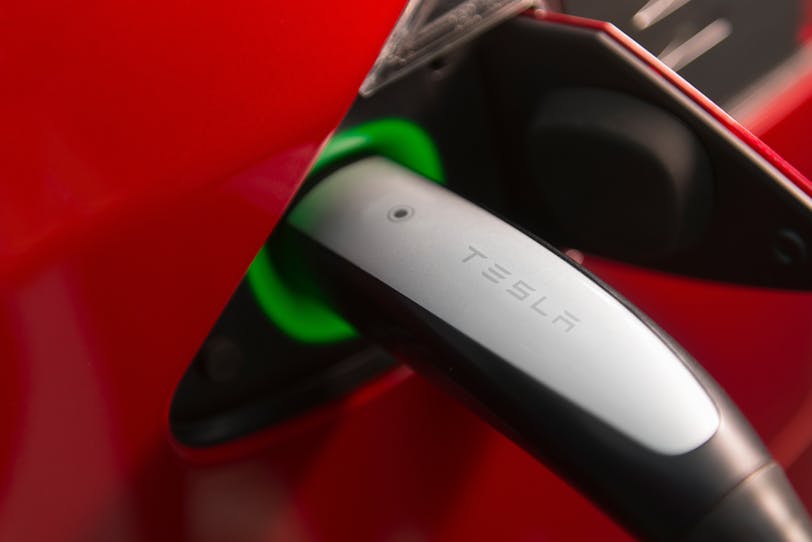
Can you charge a Tesla at home?
It’s best to charge your Tesla at home overnight. We always recommend that if you can have a professionally installed home charger unit installed, you should. All you need is off-street parking to get quotes. This is usually the cheapest way to charge up and means your car will be ready for your day in the morning.
New Teslas come with a basic mobile charging cord which is called a Mobile Connector and allows you to plug into your regular mains supply via a 3-pin plug. This only provides six to eight miles of range per hour though so isn’t ideal for regular charging.
Using a 7.3 kW home charger even a large-capacity Tesla Model Y Long Range can be charged from 0% to 100% in 12 hours.
How long is the Tesla charging cable?
Tesla’s Mobile Connector is 20 feet long, or six metres. You shouldn’t use an extension cord to increase this or connect your car to the mains through a multi-plug, conversion plug or power strip.
How much does it cost to install a Tesla charger?
Installing a Tesla wall charger at home gives you the fastest charging speeds and most convenience. If you’re looking for a Tesla car charger installation cost, this depends on which unit you go for and the supplier you get it from. Typically though, a 7kW smart charger costs between £800 and £1,200. Using a smart home charger allows you to schedule when to charge your Telsa car, taking advantage of possibly cheaper electricity tariff and lower carbon footprint.
How long to charge a Tesla at home?
Working out how long it takes to charge a Tesla is easy. You simply divide your car’s battery capacity by the speed of charge, so with a 7kW charger, a 55kWh battery takes seven hours 51 minutes from zero to full. A 100kWh battery will take 14 hours 17 minutes.
It is worth knowing that in most cases EV drivers do not run a car battery down to zero and likewise to maintain the health of the battery try not to charge to 100% all the time. Therefore real world charge times will vary, depending on your EV use and how far you need to travel on your next journey.
Typically to prolong the life of the Tesla battery keep the battery between 10% and 80%, particularly if the electric vehicle is not going to be driven for a period of time.
Should I charge a Tesla battery to full?
Considering all new Teslas deliver a minimum real-world range of more than 200 miles, most people don’t need to charge to more than 80% of capacity each night. This is the figure recommended for optimal battery life and longevity, and you can easily adjust the percentage your car charges to via the settings menu on your touchscreen. When you need to travel longer distances the following day, simply increase this accordingly.
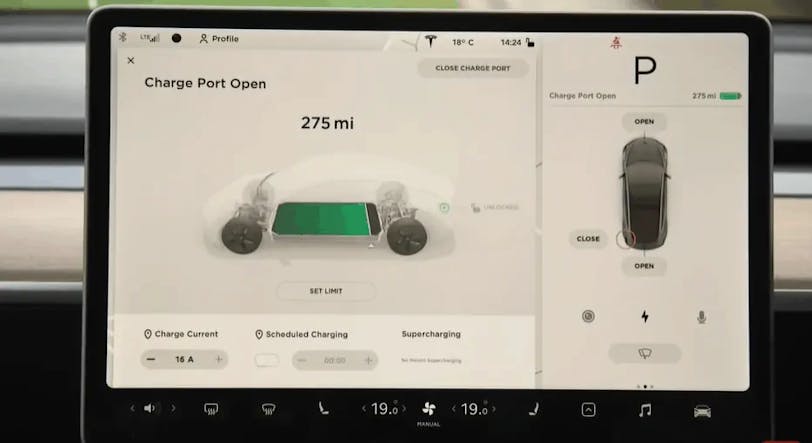
How much does it cost to charge a Tesla?
The cost to charge a Tesla again depends on the capacity of the battery, and level you charge it to. It’s another simple sum to work out the cost of a full charge, however. All you have to do is multiply the cost of your electricity by the capacity of your car’s battery. A growing number of energy companies offer EV-specific renewable energy tariffs which cost less.
If you have a Model 3 Standard Plus with a 55kWh battery, a full charge costs £18.70 if your energy price is 34p per kWh*. A Model S Ludicrous Performance with a 100kWh battery, meanwhile, costs £34.
*(34p per kWh is the UK's average electricity cost - October 2022)

The cost per kWh can vary greatly depending on the time of day and how you're topping up your Tesla. Some energy providers offer lower kWh rates for overnight charging, while on the public charging networks prices can vary. The Tesla supercharger network also has off-peak and on-peak pricing costs.
How long does a Tesla battery last?
Like all lithium-ion batteries, Tesla power units naturally degrade over time. A study conducted last year by NimbleFins claimed that Teslas only lose 1% of performance a year, while there wouldn’t be a dramatic loss of capacity for almost 20 years, based on the average driver’s mileage.
Currently, Tesla offers an eight-year or 150,000-mile (whichever comes first) warranty on their batteries. In 2019, Elon Musk said Model 3 batteries are designed to last for between 300,000 to 500,000 kilometres, while as mentioned above, they’re also working on units that will last for a million miles.
How much does it cost to change a Tesla battery?
At the same time as saying Model 3 batteries should last for 186,000 to 310,000 miles, Musk also said replacing battery modules will cost $5,000 to $7,000 (currently around £3,900 to £5,400). With such good performance though, you won’t need to worry about Tesla battery replacement cost issues.
When you lease a Tesla through us you definitely don’t need to worry as you hand the car back at the end of your lease with no further obligation.
How fast does a Tesla charge?
Tesla charging rates depend on the type of charger you use.
You get the best Tesla charging speed with superchargers, which are available at public charging stations and capable of delivering peak charge speeds of up to 250kW. Using one of these, you could add more than 130 miles of range to a Model S in just 15 minutes, 110 miles to a Model X or 170 miles to a Model 3 in 30 minutes.
How much is it to charge a Tesla at a public station?
If you’re asking yourself how much does it cost to charge a Tesla at such incredible speeds, there are already loads of Tesla superchargers across the UK. Tesla sometimes offer enhanced charging offers for quantities of free supercharging so check their offers before you purchase or lease a Model S or X. The cost to use a supercharger does vary, depending on location and time of day, pricing is always clearly indicated in your Tesla app.
Recent referral code offers have provided new Tesla owners with 1,000 free supercharger miles for example. Tesla Destination chargers are widely available across the UK for free. If there is a cost, this is charged to the Tesla account linked to the car.
Can Tesla use any charging station?
Tesla Model 3 has a CCS rapid charging connector so you can charge it up at any public (rapid) charger. There's a growing number of rapid and ultra-rapid charger locations in the UK, however we still recommend all Tesla drivers to use the Tesla supercharger network if practical, it's still the network to beat!
Can I charge my Tesla for free?
Free public charging is becoming rarer, as the cost of electricity in the UK continues to increase many previously free locations now charge for a charge!
There are still some pockets of free destination charging dotted around the UK and particularly in Scotland.
How fast is a Tesla?
Teslas are no slouches. In fact, they claim the Model S has ‘the quickest acceleration of any production sedan on earth’, able to cover 0-60 mph in just 2.3 seconds. Tesla also calls the Model X ‘the quickest SUV on earth’, with a 0-60 sprint time of 2.6 seconds.
We think that's plenty quick enough!
Even the Model 3 and Model Y offer acceleration speeds which outperform most non-electric cars. For example, the Tesla Model Y RWD can accelerate from 0-60mph in just 6.6 seconds.
How does air conditioning work in a Tesla?
If you’re wondering how does Tesla A/C work, the answer is that it’s different from conventional air conditioning. Without an internal combustion engine driving a compressor, Tesla A/C is powered by an electric motor, providing efficient cabin cooling and heating with as little energy wasted from the car as possible.
What is the Tesla route planner?
As well as the Tesla charging station map on their website, Tesla also offer a route planner where you can plan your journeys. This is very handy if you’re covering long distances, as you can plan stops and see exactly where you can charge up en route.
How long will a Tesla last?
A driver in Germany has completed over a million kilometres (621,000 miles) in a Tesla Model S, showing the incredible longevity these vehicles have. The car only required two battery packs and three drive unit replacements to reach the milestone.
Do you pay road tax on a Tesla?
If you drive a Tesla, road tax becomes a thing of the past, with fully electric vehicles exempt from the charge. If you live in London, they’re also exempt from the Congestion Charge and Ultra Low Emission Zone charge.
Our Tesla leasing offers
Tesla Model 3
- £2,420.28 Initial rental (ex. VAT)
- £2,904.33 Initial rental (inc. VAT)
- 48 Month term
- 5000 Annual mileage
- Subject to status and conditions + arrangement fee

Tesla Model Y
- £3,669.83 Initial rental (ex. VAT)
- £4,403.80 Initial rental (inc. VAT)
- 48 Month term
- 5000 Annual mileage
- Subject to status and conditions + arrangement fee

Tesla Model S

More EV guides
6 surprising things you didn’t know about electric vans
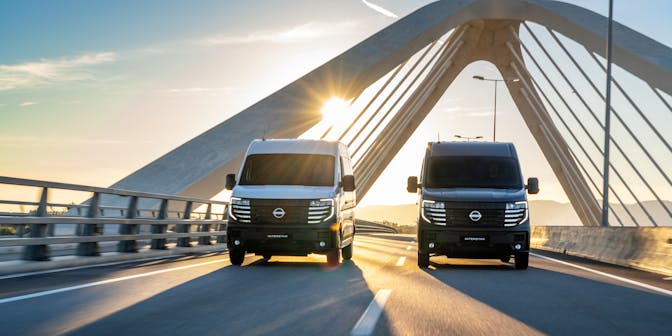
Understanding Vehicle Excise Duty (VED) or "Road Tax" for EVs
How to save money on a new car with Salary Sacrifice
